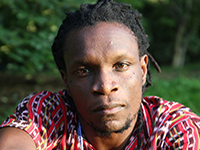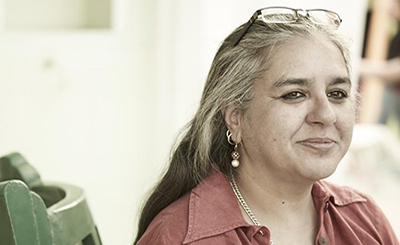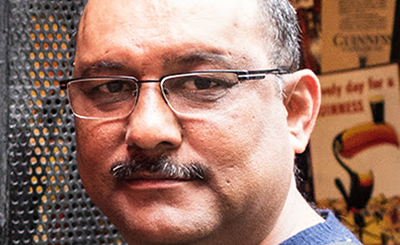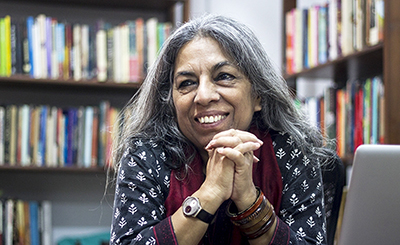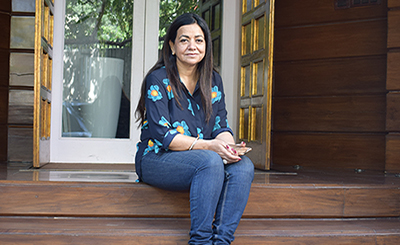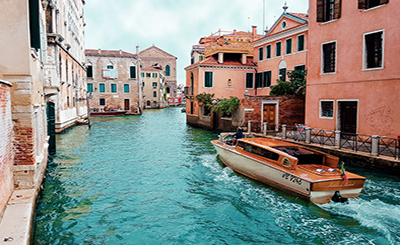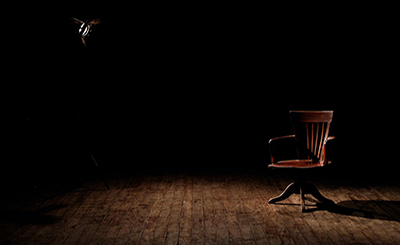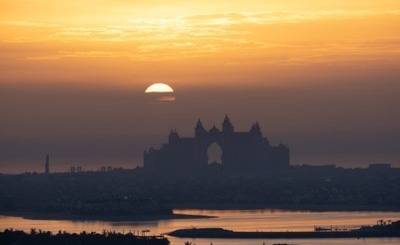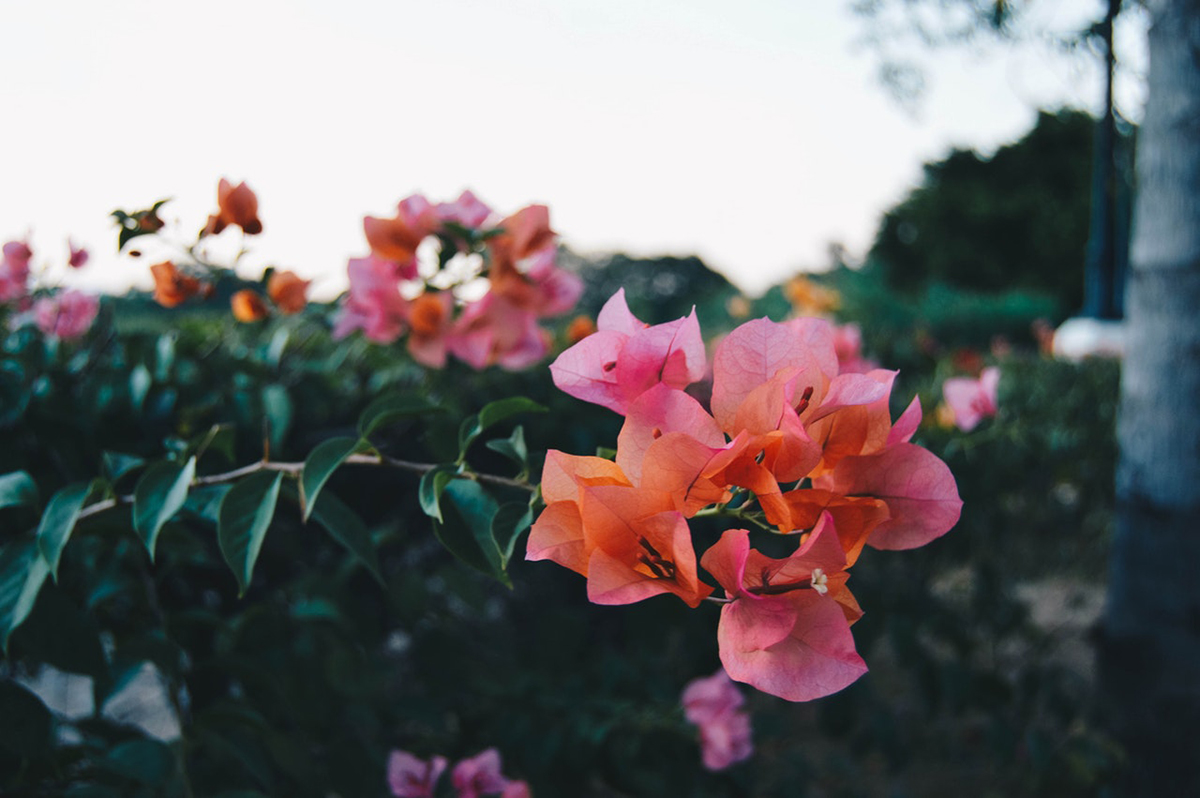
Six poems by Jamaican poet and essayist Ishion Hutchinson, the winner of 2019 Windham-Campbell Prize for Poetry, from House of Lords and Commons: Poems (2016), a collection that traverses the borders of culture and time, in which he returns to the difficult beauty of the Jamaican landscape. The poems in the collection "arrange the contemporary continuum of home and abroad into a wonderment of cracked narrative sequences and tumultuous personae. With ears tuned to the vernacular, the collection vividly binds us to what is terrifying about happiness, loss, and the lure of the sea."
A March
Lesson of the day: Syria and Styria.
For Syria, read: His conquering banner shook from Syria.
And for Styria: Look at this harp of blood, mapping.
Now I am tuned. I am going to go above
my voice for the sake of the forest shaken
on the bitumen. You can see stars in the skulls,
winking, synapses, intermittent, on edge
of shriek — perhaps a cluster of fir, birches? —
Anyway. Don’t get too hung up
on the terms; they have entropy
in common, bad for the public weal,
those obtuse centurions in the flare
of the bougainvillea, their patent-seeking
gift kindled. Divers speech. Cruelty.
Justice. Never mind, but do
pay attention to the skirmish — the white
panther that flitters up the pole —
its shade grows large on the ground.
After the Hurricane
After the hurricane walks a silence, deranged, white as the white helmets
of government surveyors looking into roofless
shacks, accessing stunned fowls, noting inquiries
into the logic of feathers, reversed, like gullies still retching; they scribble facts
about fallen cedars, spread out like dead generals on leaf
medallions; they draw tables to show the shore
has rearranged its idea of beauty for the resort
villas, miraculously not rattled by the hurricane’s —
call it Cyclops — passage through the lives
of children and pigs, the one eye that unhooked
banjos from the hills, smashed them in Rio Valley;
they record how it howled off to that dark parish
St Thomas, stomping drunk with wire lashes and cramp,
paralyzing electric poles and coconut trees,
dishing discord among neighbours, exposed,
standing among their flattened, scattered lives for the first time.
It passed through Aunt May’s head, upsetting
the furniture, left her chattering something,
a cross between a fowl and a child; they can’t say
how it tore down her senses, no words, packing
their instruments, flies returning to genuflect
at their knees, on Aunt May’s face, gone soft;
no words, except: Don’t fret, driving off,
as if they had left better promises to come.
Station
The train station is a cemetery.
Drunk with spirits, a man enters. I fan gnats
from my eyes to see into his face. “Father!”
I shout and stumble. He does not budge.
After thirteen years, neither snow nor train,
only a few letters, and twice, from a cell,
his hoar frost accent crossed the Atlantic.
His mask slips a moment as in childhood,
pure departure, a gesture of smoke.
Along freighted crowds the city punished,
picking faces in the thick nest of morning’s
hard light that struck raw and stupid,
searching, and in the dribble of night commuters,
I have never found him, wandering the almond
trees’ shadows, since a virus disheartened
the palms’ blossoms and mother gave me the sheaves
in her purse so he would remember her
and then shaved her head to a nut.
I talk fast of her in one of my Cerberus
voices, but he laughs shaking the scales
of froth on his coat. The station’s cold
crack back a hysterical congregation;
his eyes flash little obelisks that chase the spirits
out, and, without them, wavering, I see
nothing like me. Stranger, father, cackling
rat, who am I transfixed at the bottom
of the station? Pure echo in the train’s
beam arriving on its cold nerve of iron.
The Garden
The streetlights shed pearls that night,
stray dogs ran but did not bark at the strange
shadows; the Minister of All could not sleep,
mosquitoes swarmed around his net,
his portrait and his pitcher and drinking glass;
the flags stiffened on the embassy building but
did not fall when the machine guns
flared and reminded that stars were inside
the decrepit towns, in shanty-zinc holes,
staring at the fixed constellation; another
asthmatic whirl of pistons passed,
the chandelier fell, the carpet sparkled,
flames burst into the lantana bushes, the stone
horse whinnied by the bank’s marble entrance,
three large cranes with searchlights lit
the poincianas, a quiet flamboyance, struck
with the fever of children’s laughter;
then, all at once, the cabbage palms
and the bull-hoof trees shut their fans,
the harbour grew empty and heavy,
the sea was sick and exhausted, the royal
palms did not salute when the jeeps roamed
up the driveway and circled the fountain,
the blue mahoe did not bow and the lignum
vitae shed purple bugles, but did not
surrender, the homeless did not run, but the dead
flew in a silver stream that night, their silk
hair thundered and their heels crushed
the bissy nuts and ceramic roofs;
the night had the scent of cut grass
sprayed with poison, the night smelled
of bullets, the moon did not hide,
the prisoners prayed in their bunkers,
the baby drank milk while its mother slept,
and by the window its father
could not part the curtains.
The Small Dark Interior
The child seated in front,
her face close to the glass,
declared the pond frozen.
I was watching the shifting,
bronze grass and strayed
at her verdict. Her father
agreed too, but neatly distilled:
glossed, honey, a bit iced —
but she was already
onto the drift-pocked, solitary
ducks across the bay’s industrial
ruts, their stark white shapes
moving like phantoms in the marsh,
somewhere outside New Jersey.
I followed her pale head’s
patient motion towards remnants
of what she saw—quiet now,
left hand at her jaw, the right dimmed
into her father’s lap, a deeper silence.
Little Penseuse, I wanted to console:
you see the scene because you think it.
Then, instantly, the silver bullet
entered a tunnel and bound us
in the void, the hiss of steel a sea
straining homeward: that is the land of lost content…
But the child’s reflection wiped
off the glass, and I panicked,
understanding what she meant
at the pond the autumnal
grass did not stir:
instinct is older than the body.
As my eyes adjusted,
I found her, same position,
in the small dark, and decided
I am ready to forgive
my father his own flawed life.
Moved by the Beauty of Trees
The beauty of the trees stills her;
she is stillness staring at the leaves,
still and green and keeping up the sky;
their beauty stills her and she is quiet
in her stare, her eyes’ long lashes curve
and keep, her little mouth opens
and keeps still with its quiet for the beauty
of the trees, their leaves, the sky
and its blue quiet, very still and quiet;
her looking eyes wide, deep, silent
hard on the trees and the beauty
of the sky, the green of the leaves.
More from The Byword
Comments
*Comments will be moderated



